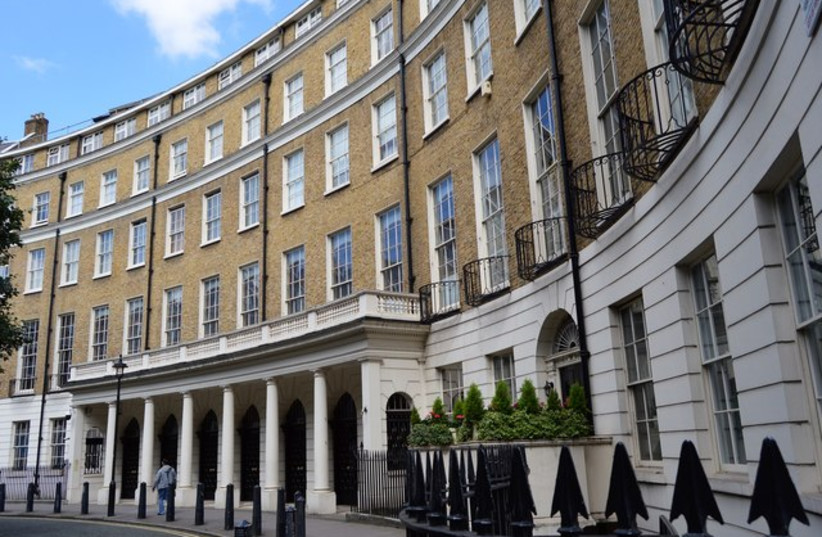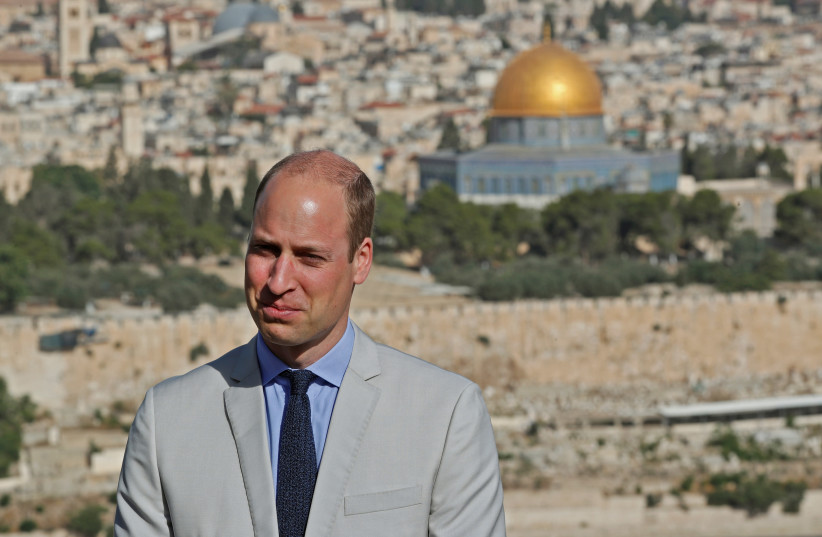On Wednesday, British Prime Minister Rishi Sunak announced £54 million ($68 million US dollars) of new funding to protect Jewish communities after figures showed antisemitic incidents had hit a record high in Britain last year.
A week after the heir-to-the-throne, Prince William, called for an end to the Israel-Hamas war in Gaza, William met young ambassadors from the Holocaust Educational Trust who are seeking to tackle hatred amid soaring antisemitism in Britain. On Thursday, he visited the Western Marble Arch Synagogue in London to hear about the rise in antisemitism.

During his visit to the synagogue, the prince, who wore a kippah - the traditional Jewish cap, listened to Jewish students as they recounted how there had been what one described as an "explosion" in antisemitism, including death threats and assaults. He also met with 94-year-old Holocaust survivor Renee Salt to hear about her experiences.
Expectations from the Prince
Last week's unusually direct intervention by William that "too many have been killed" in the Gaza conflict and that Hamas must release hostages generated international headlines as royals by convention avoid contentious political matters.
But after becoming the first senior British royal to make an official visit to Israel and occupied Palestinian territory in 2018, he has followed the region closely, his office said.

The 41-year-old has been expected to step up and perform more public engagements after his father, King Charles, revealed earlier this month that he was undergoing treatment for an unspecified form of cancer.
But his withdrawal from a memorial service at Windsor Castle for his godfather, the late King Constantine of Greece, on Tuesday had sparked intense speculation, as William's wife, Kate, is also recuperating from abdominal surgery last month and has not been seen in public since Christmas Day.
Palace sources said that his absence, officially because of an unexplained "personal matter", was not linked to his father's illness and that Kate was continuing to do well.
